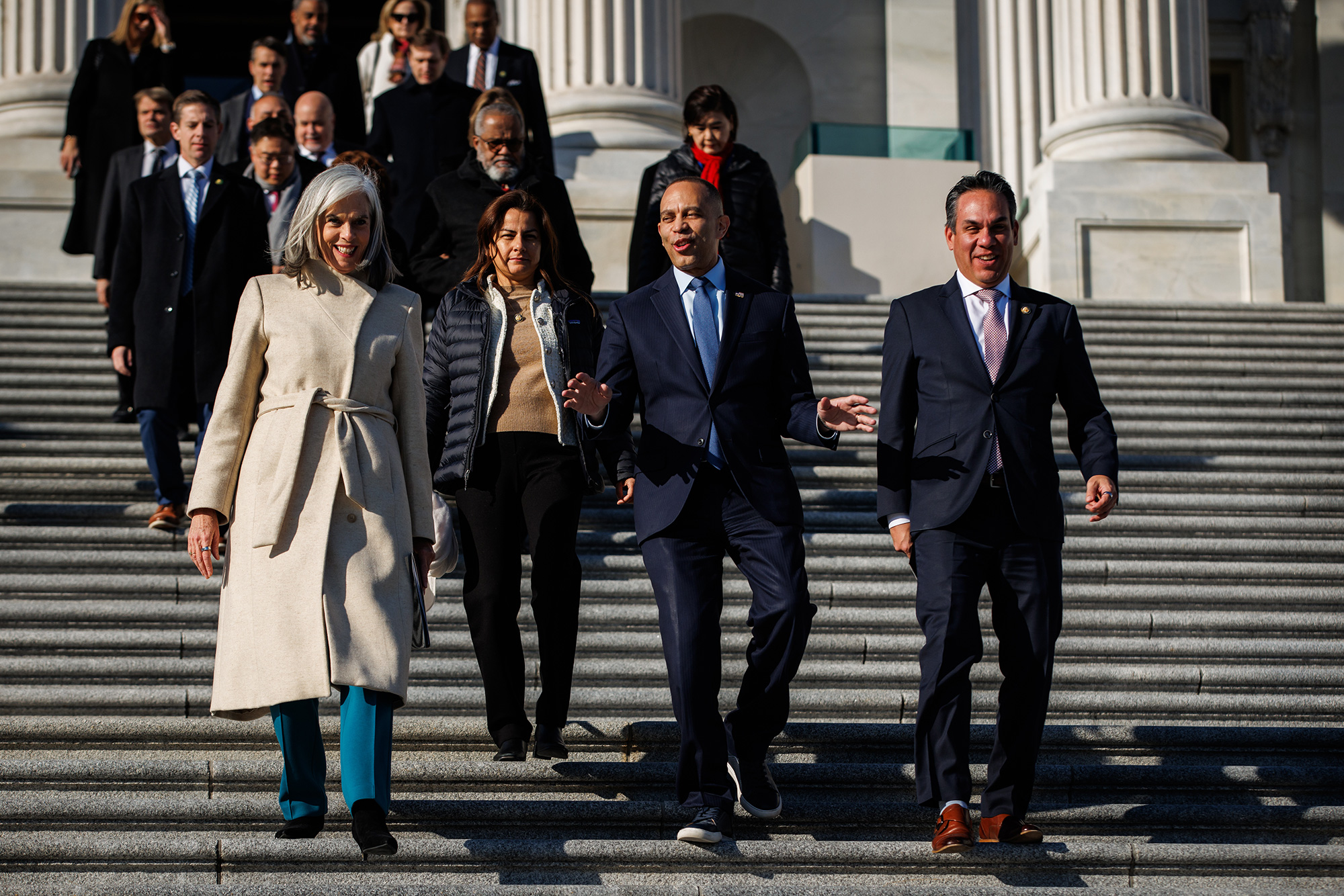From Alabama to Alaska, government shutdowns disrupt jobs, families, and the businesses that rely on federal workers’ paychecks.
Washington is once again staring down the possibility of a government shutdown at the end of the month. Unless Congress passes a short-term spending bill, many federal agencies will begin closing their doors on October 1st.
That means hundreds of thousands of federal workers would be sent home without pay. Essential employees – like those in the military or public safety – would still have to show up for work, but without a paycheck until the shutdown ends.
Shutdowns are often painted as a Beltway drama, but the impact goes far beyond Washington.
Federal Workers Are Everywhere
There are about 2 million civilian federal employees. Nearly a third of them are veterans. And contrary to popular belief, most don’t live in D.C. In fact, 80% of federal workers – around 1.6 million people – are based outside the Washington area.
That means when the government shuts down, communities across the country feel it. From delayed small business loans to frozen housing assistance, shutdowns ripple outward into local economies.
States With the Highest Share of Federal Workers
Some states are especially exposed, with federal workers making up a significant share of their local workforce. Red or blue, east or west, rich or poor, rural or urban – states of all stripes depend on federal workers:

But the story doesn’t stop at the state level. The map shows just how deeply shutdowns reach into congressional districts across the country:
More Than a D.C. Drama
Shutdowns don’t just inconvenience people in and around Washington. They reach into communities in Alabama, New Mexico, Montana, and beyond. They affect families, veterans, and local economies that depend on federal paychecks circulating each month – and the businesses, from diners to daycare centers, that rely on those workers as customers.
When Congress fails to keep the government open, the pain isn’t confined to the Capitol; it’s spread across the entire country.
Related
Peyton Lofton
Peyton Lofton is Senior Policy Analyst at No Labels and has spent his career writing for the common sense majority. His work has appeared in the Washington Examiner, RealClearPolicy, and the South Florida Sun Sentinel. Peyton holds a degree in political science from Tulane University.






You must be logged in to post a comment.